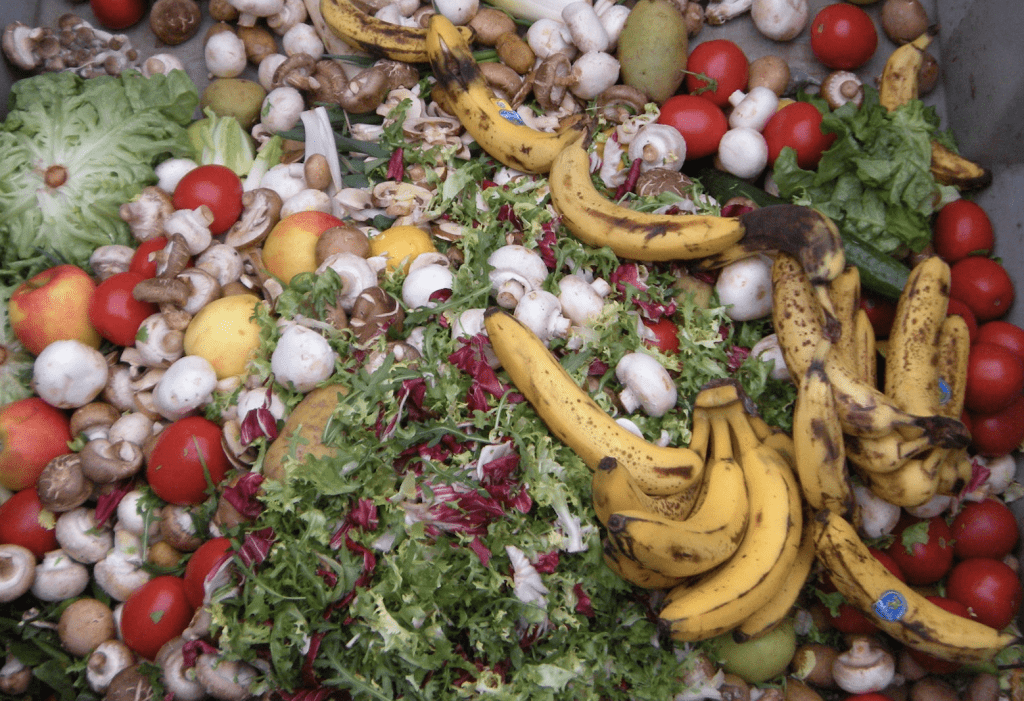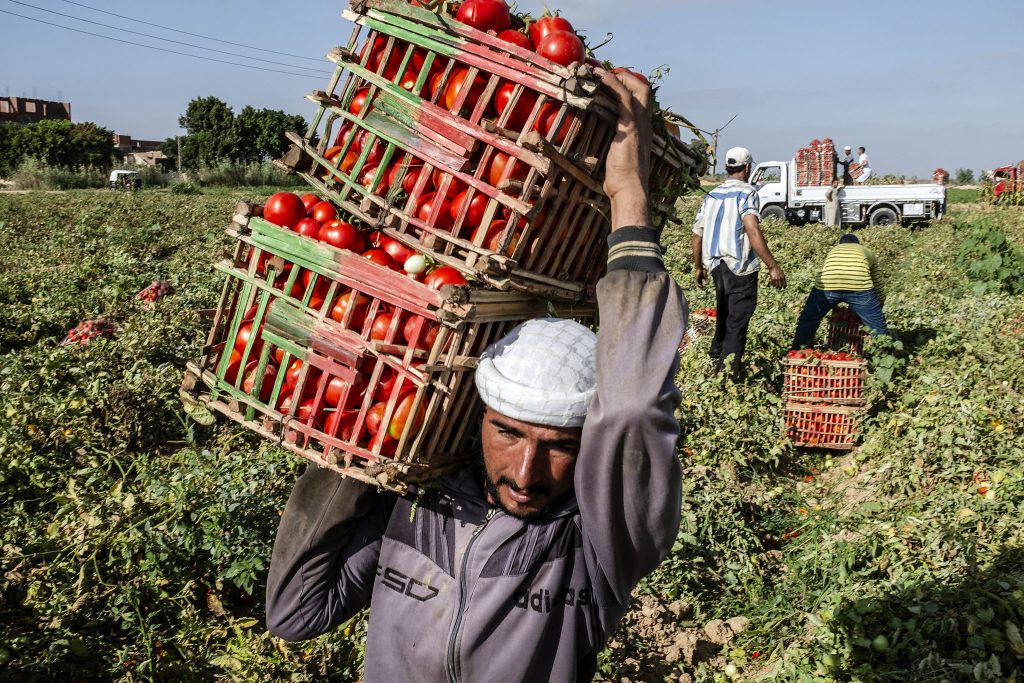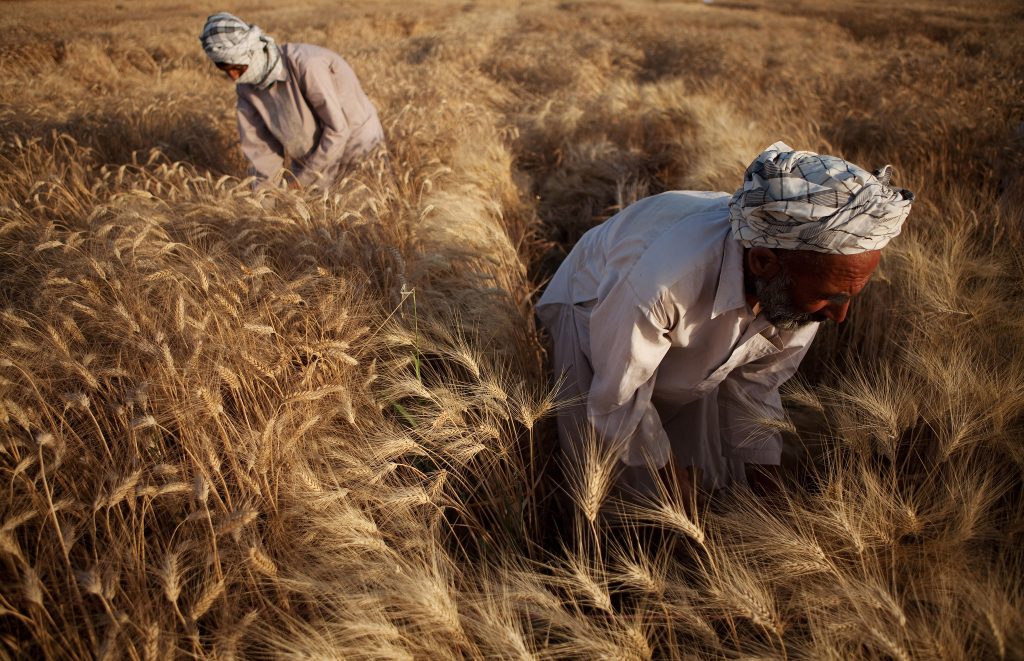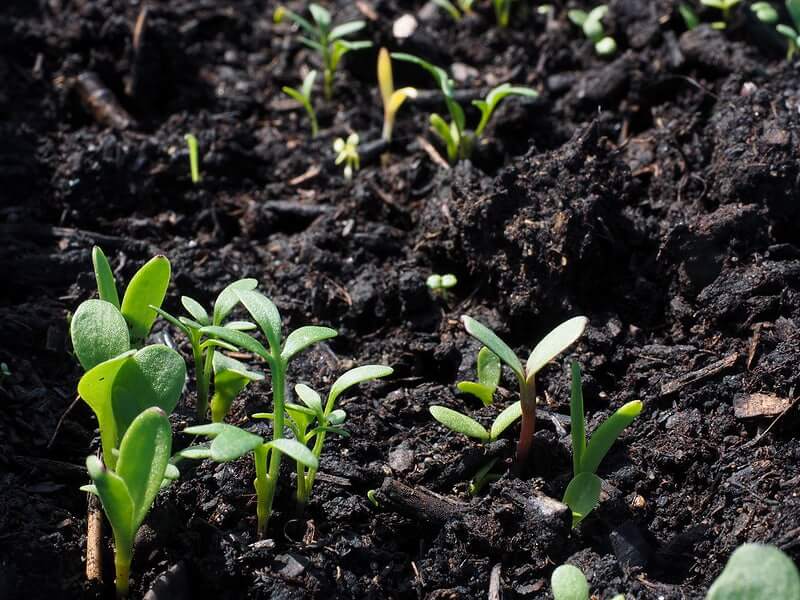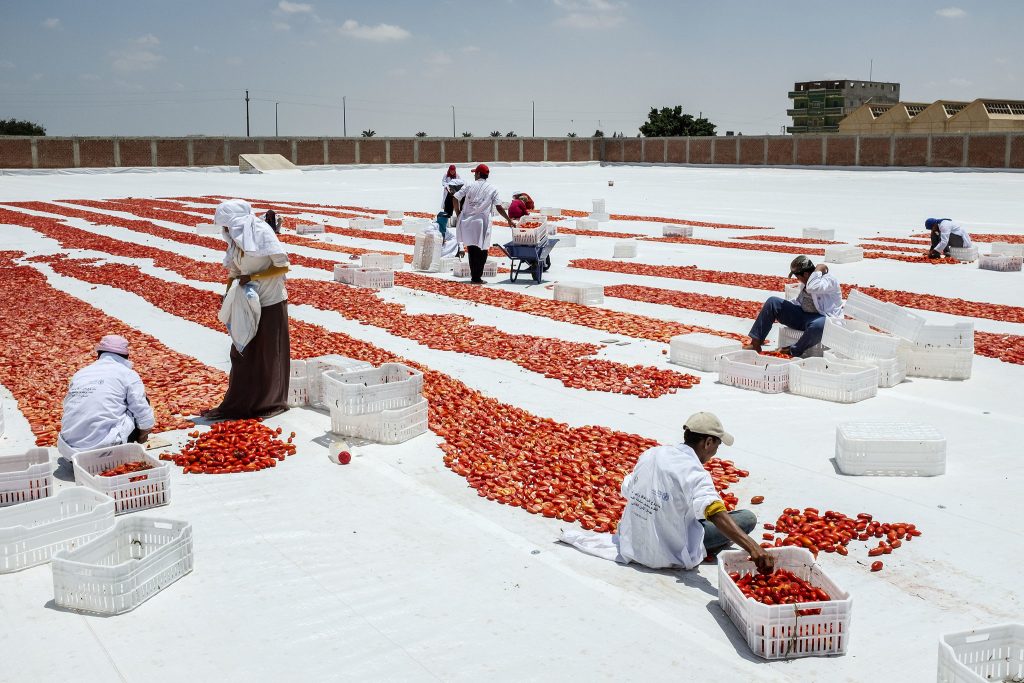Some of the lies we tell children to finish their plates run the gamut from “carrots make you see better” and “bananas make you smart” to “spinach makes you strong”. However, are we as adults much better than our children that we love to bemoan as the pinnacle of food waste? Sadly not, as worldwide it is estimated by the UN’s Food and Agriculture Organization that 30% of the world’s food never even reaches a plate, and yet somehow 828 million people, or 9.8 percent of the world’s population, suffer from hunger, and 29.3% of the world’s population are classed as moderately or severely food insecure. With an increase of 150 million people suffering from hunger since the start of the COVID-19 pandemic, the problem of world hunger is getting worse and the UN’s hopes of abolishing world hunger by 2030 are becoming ever more distant, yet food waste had never been so high.
Egypt, unfortunately, is no stranger to food waste with around 73 kilograms of food waste person, according to a 2018 study by the Barilla Center for Food and Nutrition. While this ranks Egypt as being in the unenviable situation of being the world’s 16th worst waster of food, it pales in comparison to Saudi Arabia, which topped the list, and is behind other nations in the region like the United Arab Emirates and Palestine. At an incredible 427 kilograms of food waste per person annually, the rate of food waste in Saudi Arabia towers over Indonesia in second place with 300 kilograms, the US in third place with 277 kilograms, followed by Australia and the United Kingdom with 180 and 13.5 kilograms, respectively. However, while the rate of food waste in Saudi Arabia makes sense due to the nation’s immense wealth and absolute reliance on imports, Egypt is framed very differently because of its large agricultural sector and proportion of the population below or around the poverty line that need much of this food that is being wasted.
The 2021 Global Hunger Index ranked Egypt as having a moderate level of hunger with 5.5% of the total population suffering from undernourishment and 22.2% of children under the age of five having experienced stunted growth. Concerningly, even though Egypt’s GDP between 2000 and 2021 increased from 99.84 billion to a staggering 404.14 billion, in the same period Egypt’s rate of undernourishment actually increased from 5.2% to 5.5%. However, despite many Egyptians facing a lack of food, the country still ranks as one of the world’s worst wasters of food. In 2022, the FAO released a statement detailing how about 50% of all fruit and vegetables in Egypt are wasted, along with 40% of fish and 30% of both milk and wheat. Seeing a link between food security and food waste, the UN’s Food and Agricultural Organisation and the Egyptian government have increasingly been focussing on the issue with the collaboration of government ministries, international and local NGOs, and the private sector. But why are there are empty plates and food left to rot in Egypt and what is behind this modern paradox? Unfortunately, there is no one simple answer to the question, nor is their one magic bullet solution to solve it all, but there are many things that can be done and that Egypt has been embarking upon in recent years.
Raising Awareness
In 2018, the Egyptian Food Bank teamed up with the UN’s Food and Agriculture Organisation and Egyptian Ministry of Agriculture and Land Reclamation to launch a food waste awareness campaign. Kicking off during Ramadan in 2018, a period ironically notorious for food waste in this period of fasting, the campaign featured celebrities giving their tips and tricks to avoid food waste. More recently, the Egyptian Food Bank also collaborated with the social media platform TikTok to run the #CookForGood initiative, which featured chefs and celebrities encouraging people in the Arab world to reuse leftovers and reduce food waste.
New Laws
The need to reduce food waste has taken on increasing importance for the Egyptian government in the face of COVID-19, the war in Ukraine, and consumer inflation now standing at 15%. As food becomes more expensive and the country’s potentially dangerous reliance on imports has been steadily revealed, one way to both reduce the cost of food and make Egypt less reliant on food imports is by reducing domestically produced food waste. Projections in regards to the ways in which climate change could have adverse and severe effects on food production have also played a part in pushing the government to take concrete action to bolster up food security. Likewise, Egypt’s mounting water scarcity issues is also connected to food waste. Considering that Egypt has an annual water deficit of 7 billion cubic metres and the situation may become more desperate with the Grand Ethiopian Renaissance Dam and threat of climate change, reducing food waste means that less water will be needed to grow crops that may end up being thrown away. As an indication of the parliament’s increasing awareness of the importance of the issue of food waste to both food security and food poverty, the Egyptian House of Representatives have been assessing a proposed law to regulate food waste. Presented by law maker Amira Saber, the proposed law imposes both incentives and fines for businesses and restaurants to encourage the redistribution of excess edible food and discourage food waste, respectively. Ranging from 100,000 to 500,000 EGP, these fines certainly indicate the importance that some lawmakers give to the issue of food waste; however, whether the bill passes and how it’s amended is still yet to be decided.
Turning Food Waste into Compost
Unlike in nature where food rots away slowly on or near to the surface of the soil, in large rubbish dumps where organic waste undergoes a very different decomposition process, it produces methane, which is approximately 30 times more damaging to the environment than carbon dioxide. To tackle this problem and also aid farmers in producing crops at greater rates, at lower cost, and without the need for chemical fertilisers, various organisations have popped up in Egypt that create compost from food waste. ECARU now process an impressive 500,000 tonnes of biomass a year and use it for compost and even animal feed and biofuels. Another pioneering company turning food waste into compost is Baramoda, which after beginning as a small start-up in Qena with already ambitious goals of producing 500 tonnes of compost annually, in a matter of months upped their production goals twenty-fold to 10,000 tonnes. Claiming that composting uses 30% less water, saves 20% of agricultural costs, and increases productivity by 15%, Baramoda reported how the organic alternative to chemical fertilisers soon become incredibly popular and sought after by farmers in the area.
Hi-Tech Solutions
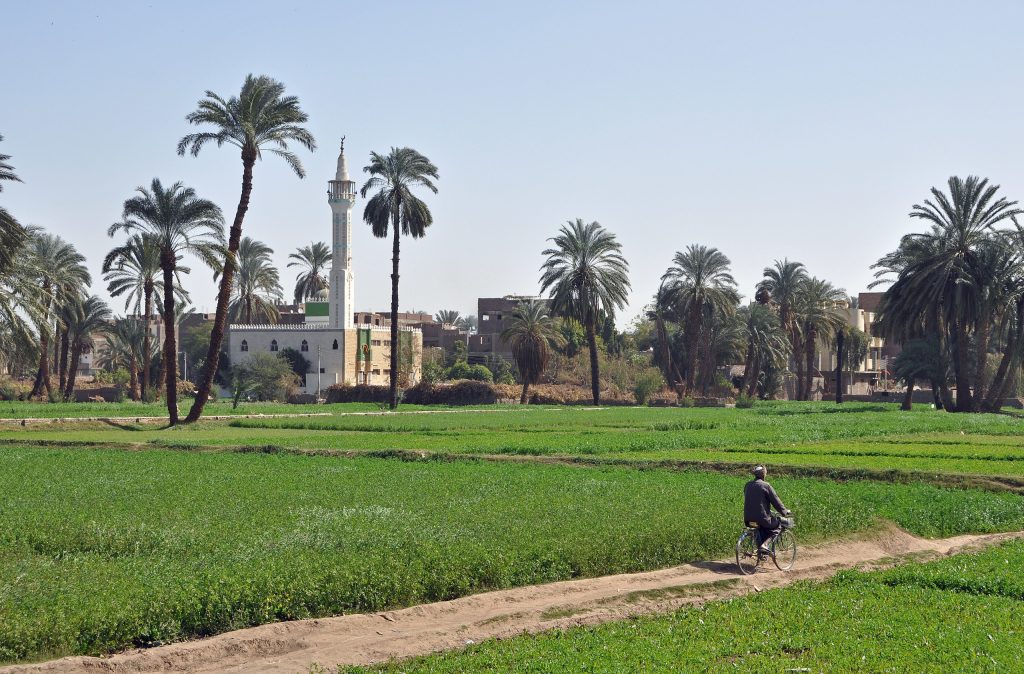
As a more sustainable alternative to Talabat and elmenus that offers food at half the price of its competitors, Tekeya is a food delivery app that sells perfectly good excess food from restaurants. With the option to order a meal at 50% of its original price and the opportunity to buy a meal to then donate to a charity, Tekeya has understandably received a lot of media attention with its creative solution to both food waste and food poverty. Tekeya co-founder Menna Shahin told Reuters in an interview that, “The idea of the Tekeya Application is based on the idea of a triple win. When users order via Tekeya, they save money, 50 percent. Providers or restaurants who advertise on Tekeya make more profits. Charities on Tekeya get free meals. The idea is that we brought all these people together to contribute to reducing environmental pollution. With Tekeya, it’s not me who reduces pollution, we created an entire community that reduces pollution with one click.” Also, in 2018, a brother and sister duo, Farah and Omar Emara founded FreshSource, a tech start-up aimed at improving the efficiency and logistics of getting fresh produce from Egyptian farmers to businesses. Considering that a great amount of food is wasted due to improper transportation or simply that by the time a seller has been found, much of the food has gone off, linking farmers with businesses more directly and using data and technology can play an important role in both reducing food waste and putting more money in the pockets of Egyptian farmers.
Donating to Food Banks
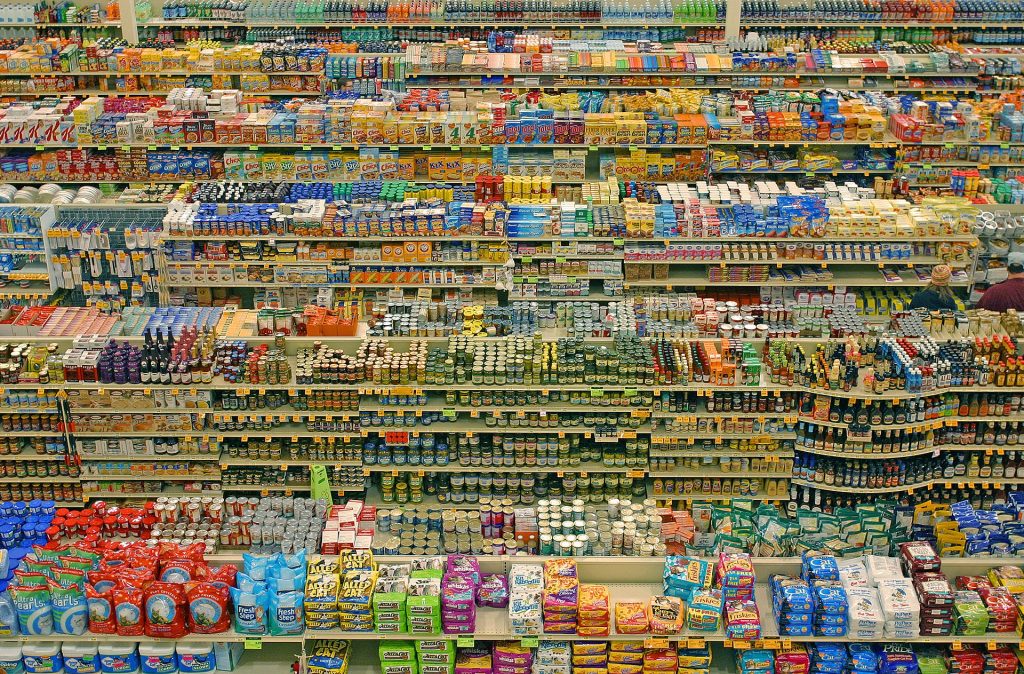
The Egyptian Food Bank now serves 12 million people across Egypt and has been a regional leader in showing the way forward in reducing food waste and tackling food poverty. Numerous restaurants, factories, and supermarkets have long-standing agreements with the Egyptian Food Bank to donate food nearing its sell by date and have made a significant impact in tackling food waste and feeding the hungry. The upcoming COP27 in Sharm El-Sheikh also decided to get in on the action as the Egyptian Social Solidarity Ministry recently announced that a charity would be packaging up and distributing untouched food from the conference to the nation’s poor. For many years, hotels have also been persuaded to reduce food waste by donating excess food. After the Egyptian Food Bank began the initiative with the Egyptian Hotels Association in 2006, hundreds of millions of meals have been donated, with an impressive 15.5 million meals in 2014 alone.
Improving Transport Logistics and Farming Methods
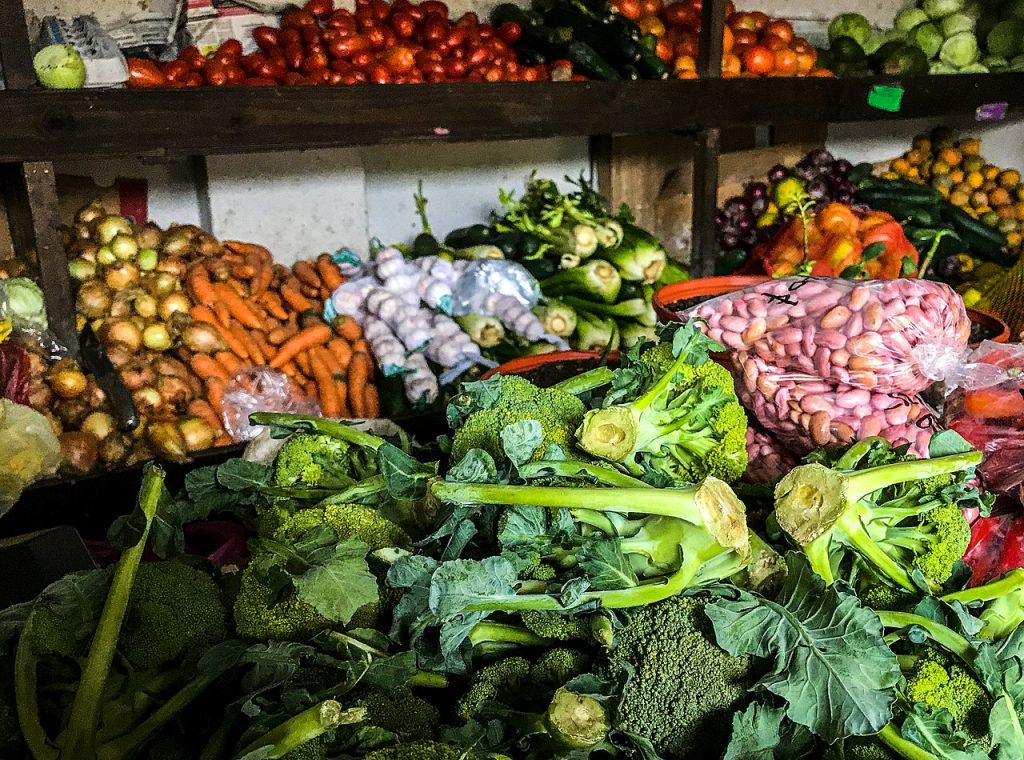
Researchers at Singapore’s Nanyang Technological University told CNBC that some of the reasons for food waste include “out-dated or bad agricultural practices, poor roads and infrastructure, including the lack of cold storage and refrigerated trucks”. Mirroring this attention given to the infrastructure and processes related to production and distribution, as opposed to consumption, the Food and Agricultural Organization has partnered up with the Egyptian government to improve both how the farmers grow their crops and how it is then distributed. According to the FAO, “The project aims to reduce food loss and waste through a value chain development approach, focusing on the post-harvest, marketing and processing stages and promoting value chains that are better organized, have a reduced impact on the environment, more inclusive of smallholders, better able to generate added value, providing increased opportunities for rural off-farm and/or agro-industry employment”.
Sun Drying Excess Produce
Throughout numerous interviews with Egyptian farmers by NGOs and the press, a common complaint raised is that prices often fall so low that it would actually cost them more to pick their produce than to let it rot. The nature of tomato and grape production lends itself to great fluctuations in crop and price, often leaving farmers short-changed, which gives little incentive to farmers to reduce food waste when it is actually financially harmful for them to do so. One way this has been addressed by the FAO working in collaboration with the government is through the creation of several sun drying facilities throughout the country. By selling their crops to these facilities, the farmers are able to make a profit and reduce food waste, while the facilities open up employment opportunities to local people, and the dried crops can then be sold later on in the year when the crop is out of season, providing more reliable year-round food security. With important and seasonally abundant crops in Egypt like tomatoes, grapes, and others being perfect candidates for sun drying, the FAO hopes that this project will help achieve both food security and the reduction of food waste.
WE SAID THIS: Don’t Miss… Learning From The Past: Sustainable Arab Traditions


